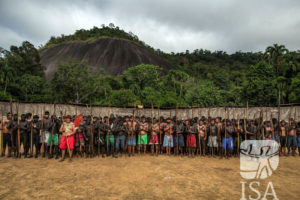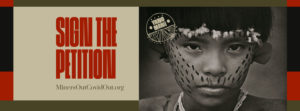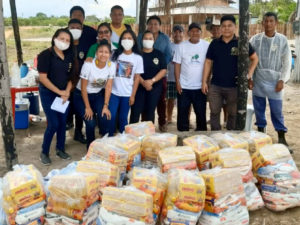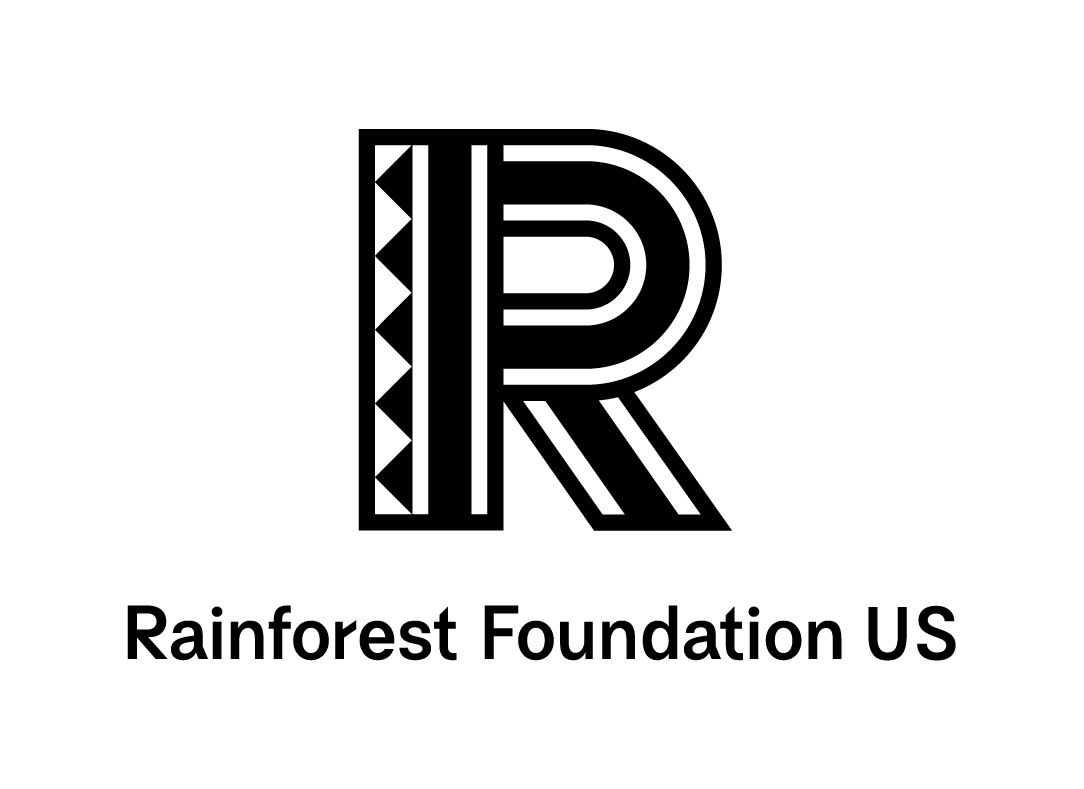Over 400 Akawaio and Arecuna men and women met for a land conference on February 28 – March 2, in the village of Phillipai on the Kukui River in Guyana. The tribes represent communities across the Upper Mazaruni, deep in Guyana’s forested interior. This meeting served as a summit, to chart a course towards the achievement of a legal title to their ancestral lands. Communities in the Upper Mazaruni have been fighting in defense of their homes for decades, both legally and, in some cases, physically.
Historically, these titles have been elusive for indigenous peoples. Six communities filed a lawsuit in 1998 seeking to secure title to their whole territory; that case is still pending, and a ruling is expected this year.
The Upper Mazaruni land rights case is pivotal. For the most part, Guyana has not recognized the full territorial rights of indigenous peoples. Instead, it has titled communities village-by-village, leaving large swathes of traditional indigenous territories open to incursions by mining and logging interests. With a new government in office since 2015, it is hoped that Guyana will amend this policy, leading to recognition and protection of traditional indigenous lands throughout the country. Hope is high that these changes are coming, as the government has publicly committed to revising the Amerindian Act, the main piece of legislation outlining indigenous rights in Guyana. In addition to advancing human rights, this could have tremendous implications for forest protection. Guyana remains 85% forested, and indigenous peoples play a critical role in maintaining that forest cover.
The land conference in Phillipai also served to kick off participatory research on land tenure in communities throughout the region. This research seeks to inform Guyana’s land titling process, and maps created should help resolve pending issues. RFUS is collaborating on these efforts with the Amerindian Peoples Association, the Forest Peoples Programme, and local representative organizations, with support from the Norwegian Agency on Development Cooperation (NORAD).





